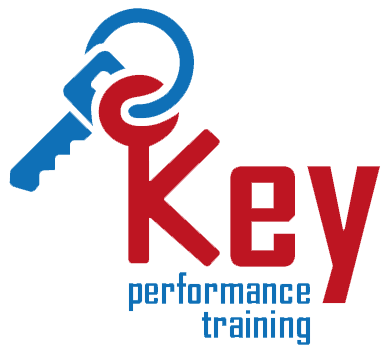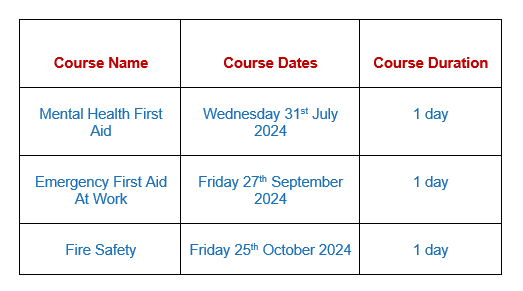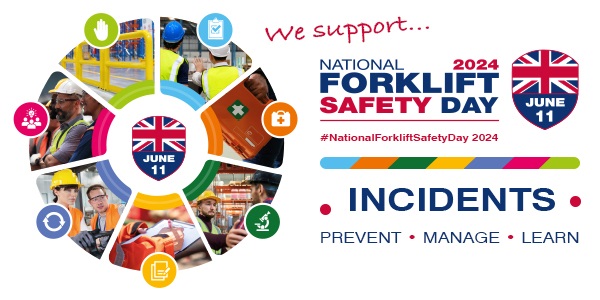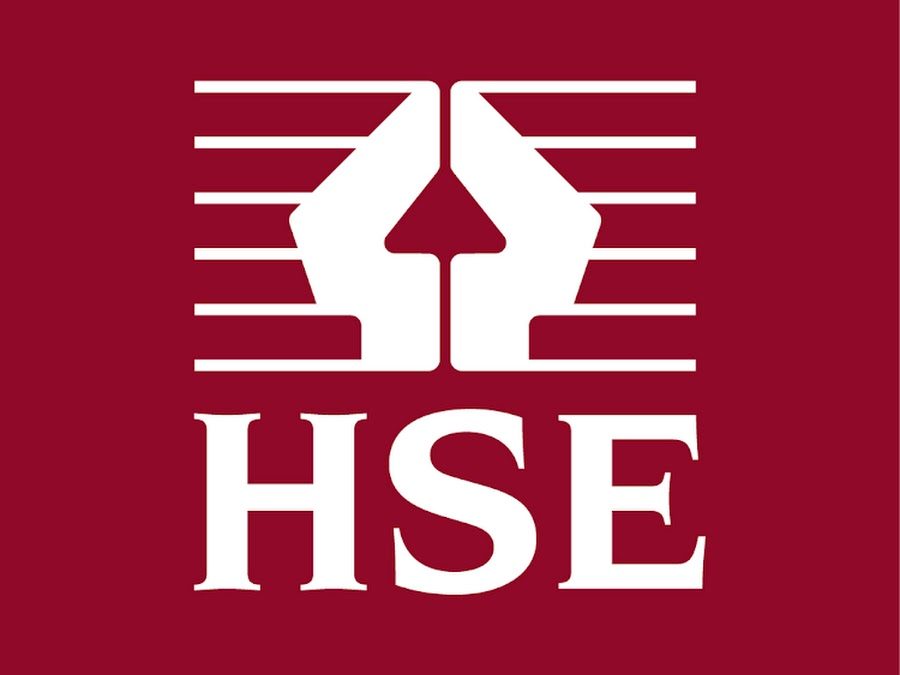
New College Partnership Announced

New College Partnership Announced
We are delighted to announce that we have been awards the New College Swindon Partnership for 2024 / 2025.
For us this is the culmination of years of hard work in the education and training sector delivering high quality courses for our delegates in regulated training.
We were able to demonstrate to the college that we are determined to help the people of our region into work, enhance their prospects and help businesses stay compliant with the latest legislation.

Working with New College Swindon will now enable us to deliver a much wider range of courses, such as NVQ’s and tailored courses to suit the increasing local economic demand for Transport and Logistics sector skilled employees.
By working in partnership with the college, we will also have access to the Adult Skills Fund, which means many of these new courses will be available to those on low incomes and those claiming Universal Credit (subject to meeting the necessary criteria).
We hope to play our part in helping hundreds of people find meaningful employment opportunities and to get them started on their careers.
To read more about how training with us can help you on your pathway to employment, please click here.
Contact us on 01793 975353 or office@keyperformancetraining.co.uk for more information about how we can help or to book your course today.

Need more information?
For more information please do get in touch – via our contacts page, email us or just give us a call on 01793 975353












